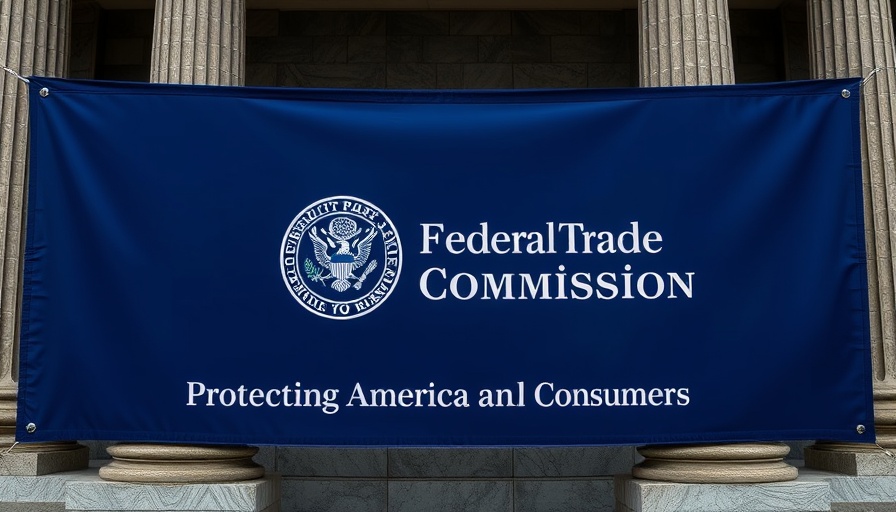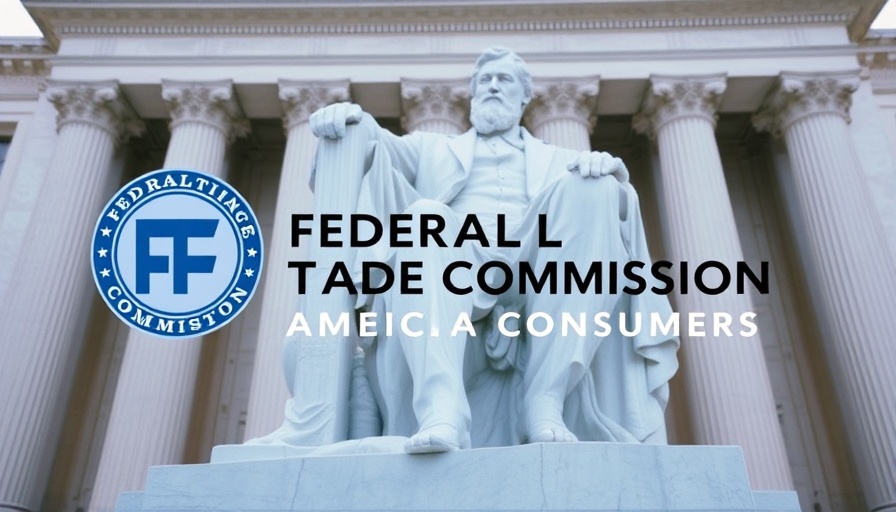
Understanding the FTC's Role in Mergers and Acquisitions
The Federal Trade Commission (FTC) plays a pivotal role in regulating business mergers to ensure market competition remains intact. In the recent case involving Chevron Corporation's acquisition of Hess Corporation, the FTC is once again stepping in to assess the ramifications of corporate governance and market structure as they relate to this $53 billion deal. The consent order issued in January 2025 specifically prohibited Chevron from appointing Hess's CEO, John B. Hess, to its board. This decision aims to mitigate potential conflicts of interest and maintain a level competitive playing field in the energy sector.
What Does This Petition Mean?
Chevron and Hess have now petitioned the FTC to modify the previous consent order. Their argument centers on the belief that board representation could enhance strategic alignment between the two companies, thus improving efficiencies and innovation within the sector. This petition opens a window for public comments, allowing stakeholders and consumers to express their views. The outcome of this will not only affect the companies involved but also set precedents for future mergers within the industry.
The Importance of Public Comments in Regulatory Decisions
The FTC is inviting public feedback until May 12, 2025, which underscores the importance of community and consumer input in regulatory processes. This step could impact the FTC's final decision, emphasizing transparency and consumer rights in corporate governance. For business brokers, this serves as a crucial reminder that such government actions can influence market dynamics significantly, affecting investment opportunities and strategic decisions.
Looking Ahead: Implications for Business Brokers
The outcome of this petition and the public's insights can shape the future of mergers and acquisitions in the market. As business brokers navigate their potential roles in these transactions, understanding regulatory frameworks becomes invaluable. They need to be prepared for the shifts in market strategies that could arise from changes in governance structures stemming from this case.
Overall, the FTC’s decision to solicit public opinion highlights the intersection of regulatory authority and corporate strategy, an area critical to every business broker looking to enhance their knowledge base and client advisory capabilities.
 Add Row
Add Row  Add
Add 




Write A Comment